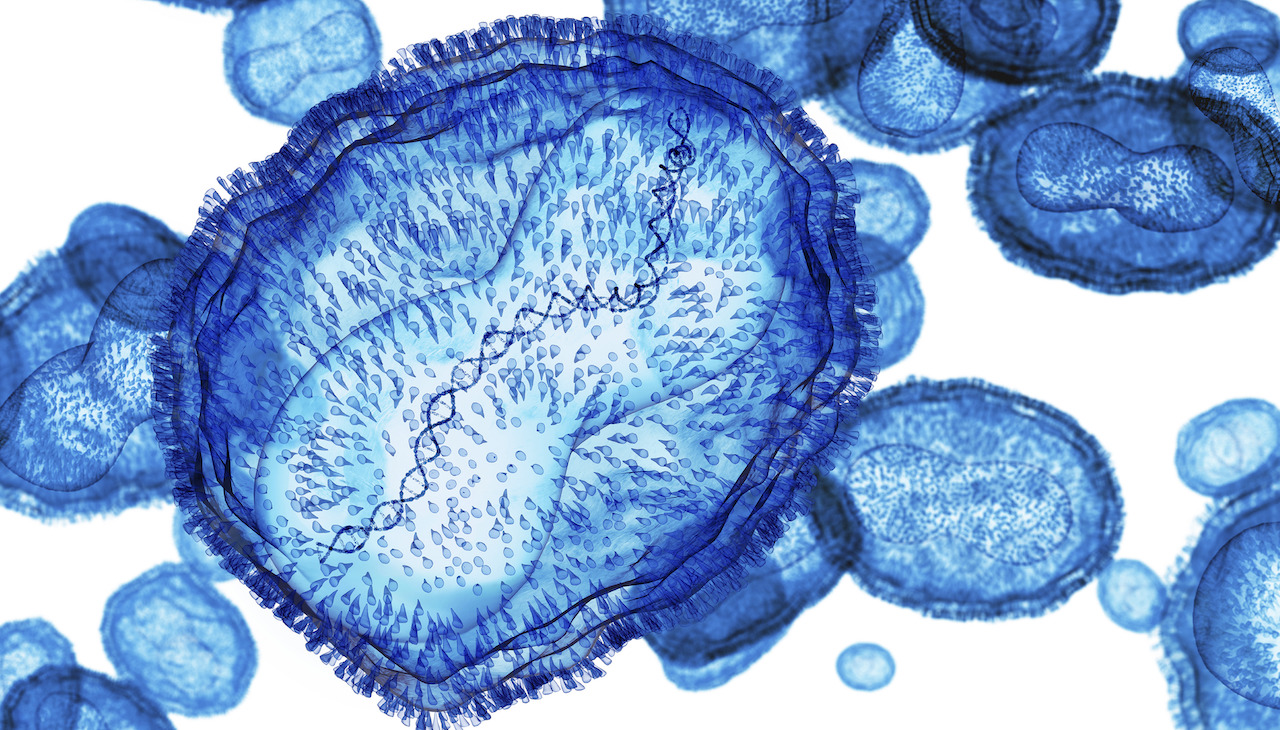
Amid spike in Monkeypox cases, Philly Department of Public Health launches public tracking dashboard
Over the weekend, New York City declared a public health emergency amid the rise in Monkeypox cases in the city. With over 1,600 confirmed cases in the state, New York also called itself the epicenter of the outbreak. The announcement came on Saturday, July 30, from Mayor Eric Adams and Health Commissioner Ashwin Vasan, who warned the public that as many as 150,000 New York residents could be in danger of infection.
According to the latest data from the Centers of Disease Control, New York leads the way in the United States with the most confirmed cases followed by California, who also declared a state of emergency, as it reported over the same amount of cases, followed by Illinois.
Moreover, neighboring states like Pennsylvania are seeing more reason to worry. Philadelphia specifically, is starting to see more cases, as the response has been criticized as slow on a national scale, with vaccine supply still low in major cities. According to the Philadelphia Department of Public Health (PDPH), it’s reported at least 82 confirmed cases as of Monday, Aug. 1.
As a result of the rapid spread, the PDPH set up a dashboard that not only tracks cases of Monkeypox in the city, but also the number of vaccines the city has, and has administered.
As health departments nationally try to keep up with vaccine distribution and information for residents, cases are rising nationally, and the supply of vaccines is still low across the country in major cities
Philadelphia City Councilmember Cindy Bass was critical of the city’s own response.
“It doesn’t feel as if there is an organized structured plan from the Department of Public Health,” she said. “We have not had direct communication which — which is a little bit frustrating in and of itself. This is very much deja vu from COVID. We have a situation where we have an emerging outbreak and we don’t have the kind of response that we need.”
According to the city health department, the federal government has given Philadelphia 2,625 monkeypox vaccines, with 61% of those already administered. Health officials have said that the government promised to deliver more than 6,000 additional vaccines. The CDC said that they would be allocated in three different waves based on the number of cases moving forward.
Dr. Anne Rimoin, an epidemiologist at UCLA’s Fielding School Of Public Health said the window for containment is closing, but showed optimism.
CONTENIDO RELACIONADO
"With excellent data, with excellent contact tracing, with great case investigation, and with widespread access to vaccine, we might be able still to get in front of this. But the window is closing,” she said.
Another monkeypox tracker website was set up for the same reasons by the CDC, but this one covers the entire nation. As of Tuesday, Aug. 2, there were a reported 6,326 cases. As of this past Monday, Aug. 1, PA neighbors New Jersey reported 155 cases and Delaware had five.
With the vaccine supply as it stands, officials are still only saving the vaccines for high-risk individuals and those who have been exposed to the virus.
In a news release about the website, Philadelphia health officials said the tracker is to “provide transparency and easier access into the number of Philadelphia residents that are considered to have monkeypox.”
“Given the widespread desire for access to monkeypox vaccine, this type of information will provide better insight into numbers of cases and available doses during any given week and help explain why it may be so difficult to secure a dose,” the department continued.
Case numbers will be updated every Monday. As other cities declare health emergencies to get more resources and with many looking to Philadelphia to do the same, the health department said the city wasn’t ready to take that step.
“Although there is risk for further community spread, our current case totals are a fraction of those in these other large cities, especially New York City. The Health Department is monitoring the situation and will continue to evaluate community risk,” wrote the department.


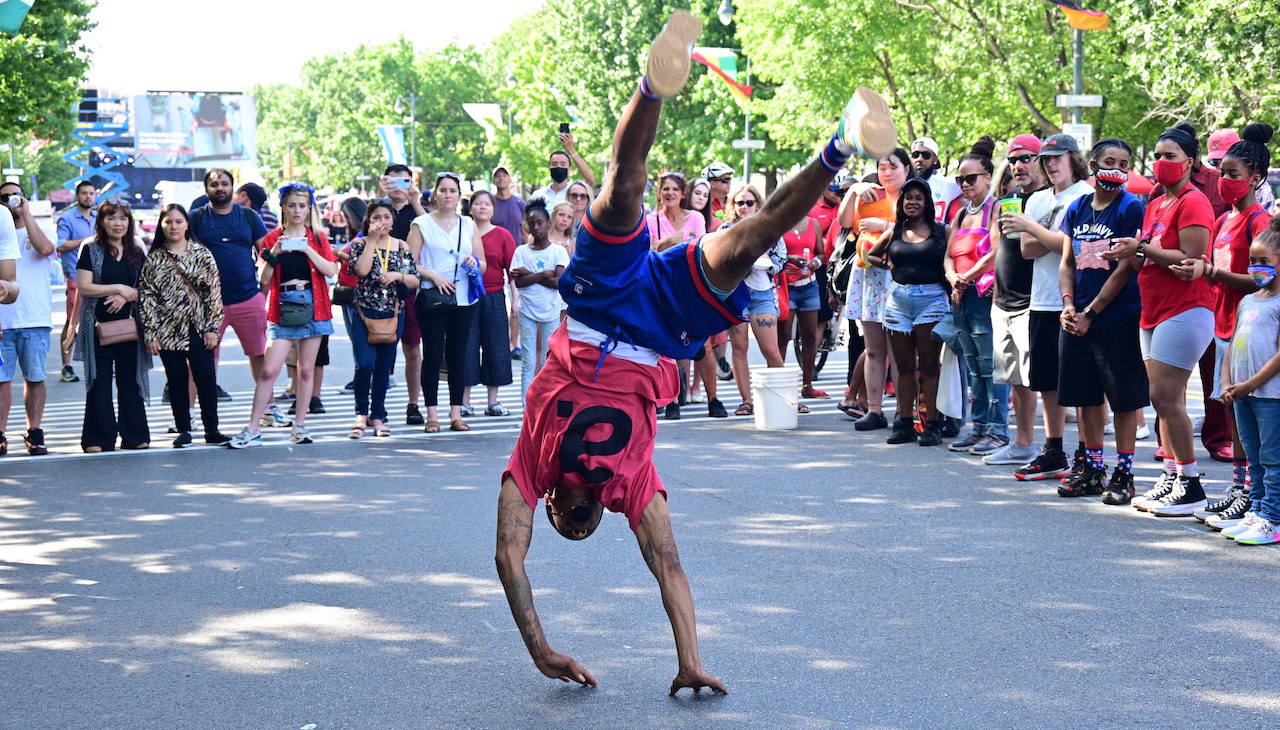
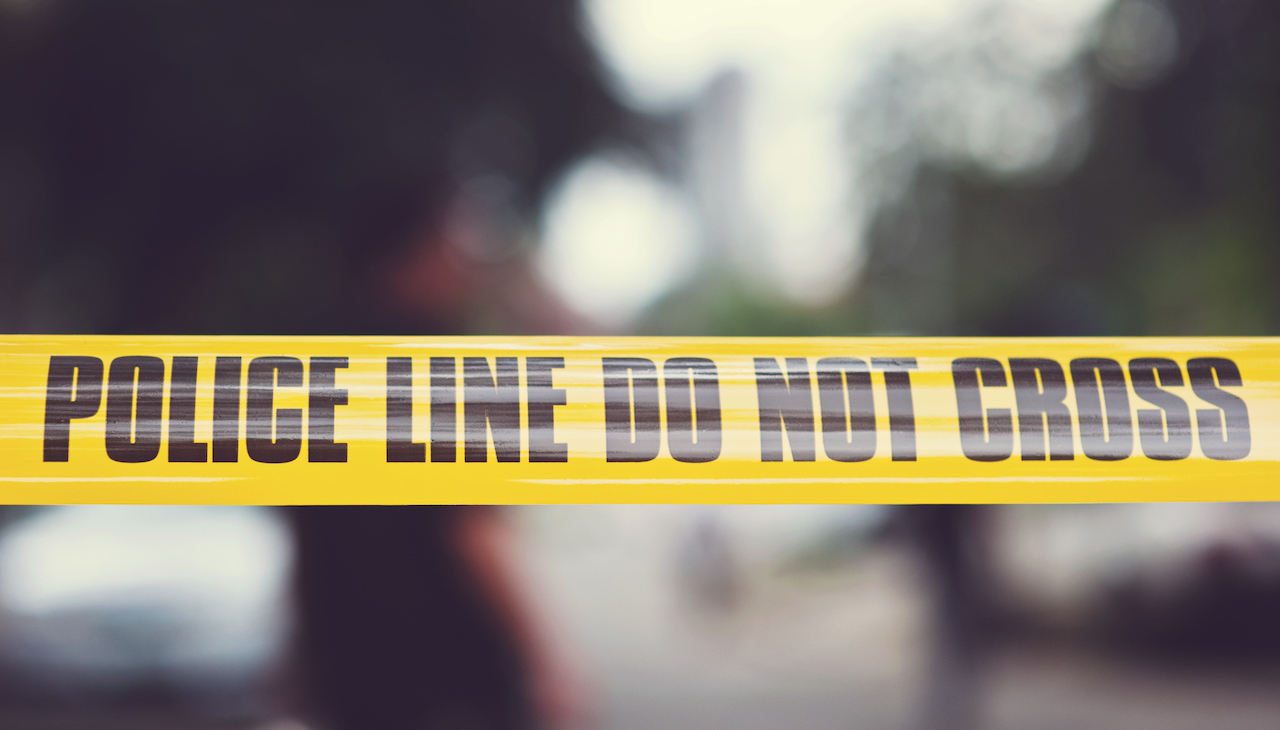
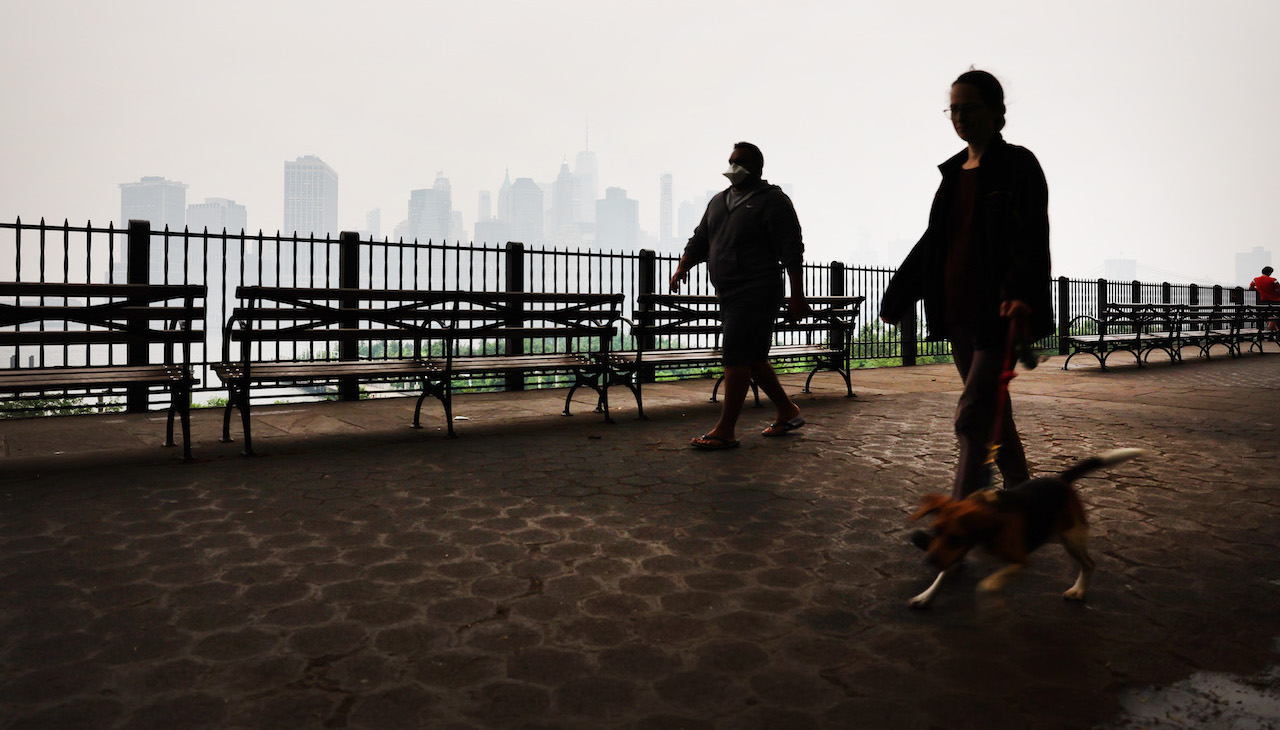
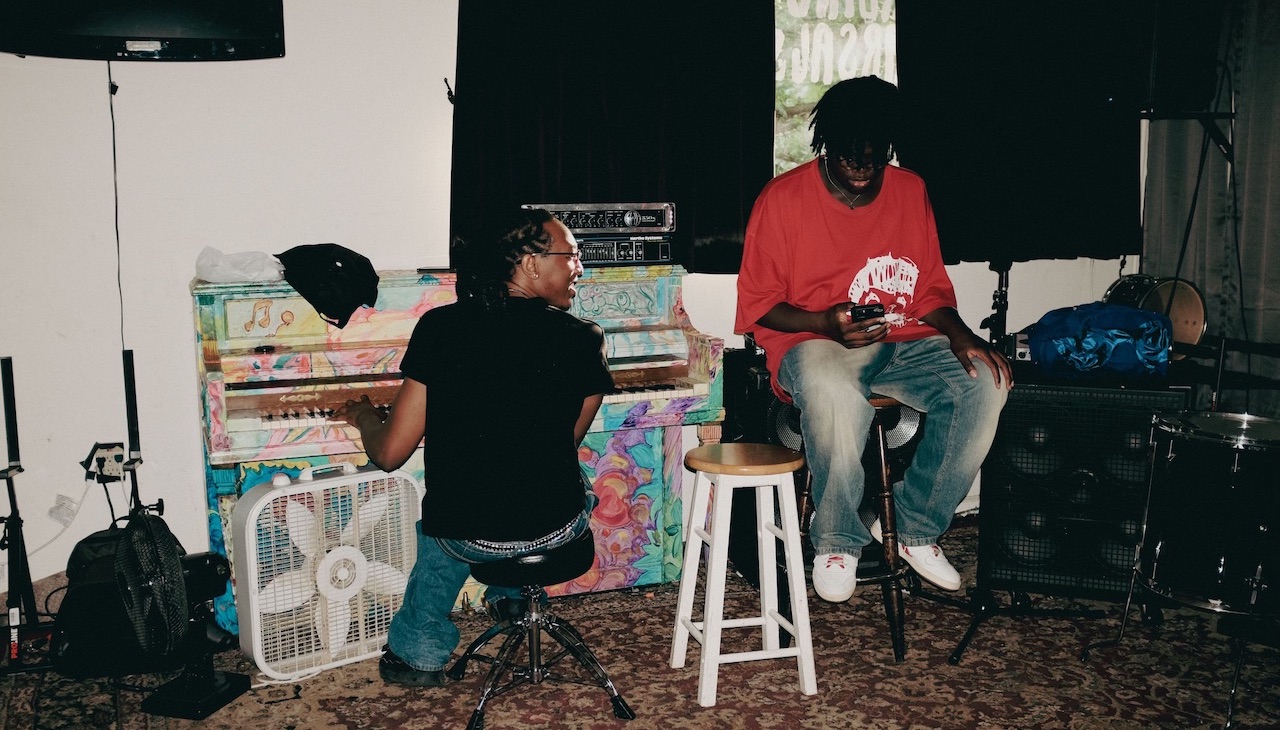
DEJE UN COMENTARIO:
¡Únete a la discusión! Deja un comentario.